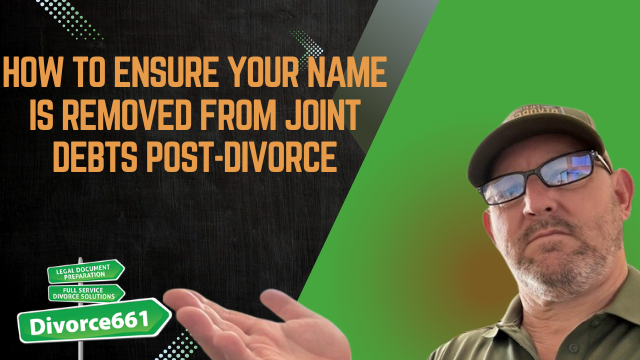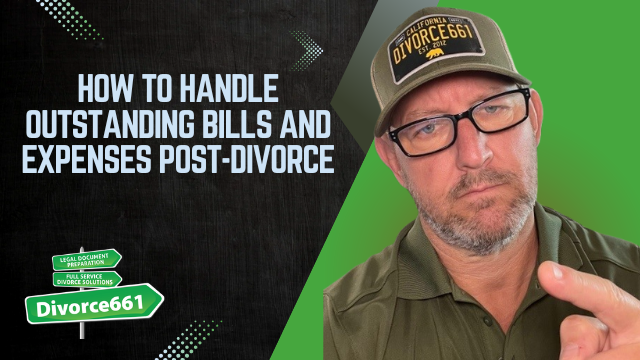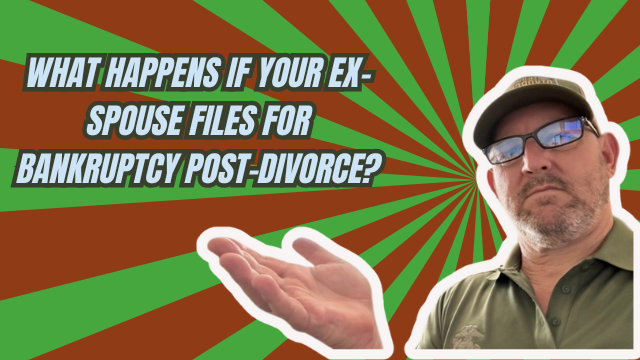What to Know About Credit Score Changes After Divorce
Divorce is a major life transition that impacts many areas beyond just the emotional and legal aspects. One often overlooked consequence is how divorce can affect your credit score. Even if your separation was amicable and your divorce judgment clearly assigns financial responsibilities, your credit can still be at risk if you’re not proactive. Understanding how credit scores can change after divorce and taking the right steps can protect your financial future.
Why Divorce Itself Doesn’t Directly Affect Your Credit Score
It’s important to clarify that divorce alone does not automatically change your credit score. The divorce judgment or agreement itself doesn’t communicate with credit bureaus or creditors. Instead, your credit is influenced by how you handle shared financial obligations post-divorce.
If you and your ex-spouse shared credit cards, auto loans, mortgages, or other debts, those accounts remain linked to your credit report until they are closed, paid off, or refinanced. This means any missed payments or late fees on joint accounts can negatively impact your credit, regardless of what your divorce paperwork states.
The Hidden Risks of Joint Accounts After Divorce
Many people assume that once a divorce decree assigns responsibility for a debt to one party, the other party is no longer liable. Unfortunately, creditors don’t operate by divorce agreements—they only look at whose name is on the account.
For example, if a joint credit card payment is missed, both parties’ credit scores can suffer. This can lead to unexpected damage and make rebuilding your financial health more difficult after divorce.
Real Client Story: Learning the Hard Way
We had a client who trusted her ex-spouse to continue making mortgage payments as agreed in their divorce settlement. Unfortunately, he stopped paying, and because her name was still on the loan, her credit score dropped by over 100 points. Even though the divorce judgment held him responsible, the credit bureaus and lenders held her accountable until the liability was removed. While we helped her take legal action and remove her name from the mortgage, the credit damage had already been done.
Steps to Protect Your Credit After Divorce
Protecting your credit score after divorce requires deliberate action. Here are essential steps to take:
- Close or Separate Joint Accounts: Contact your creditors to close joint credit cards or separate accounts where possible. This reduces the risk of your ex’s missed payments impacting your credit.
- Refinance Shared Loans: If you have joint loans such as a mortgage or auto loan, consider refinancing the loan solely in your name or your ex’s name. This legally transfers responsibility and protects your credit.
- Monitor Your Credit Reports: Regularly check your credit reports to catch any missed payments or unexpected charges early. This helps you address issues before they cause lasting damage.
- Update Accounts Post-Divorce: Change account information such as passwords, billing addresses, and contact details to ensure you are the only one managing your financial accounts.
Why Professional Guidance Matters
At Divorce661, we help clients navigate beyond just filing divorce paperwork. Our services include guiding you through all critical post-divorce financial steps to create a clean break and protect your credit score moving forward.
We assist with:
- Closing or refinancing joint debts
- Ensuring divorce agreements contain clear language to protect your credit
- Offering 100% remote, flat-fee services for convenience and clarity
Taking these steps early can prevent surprises later and help you build a strong financial foundation for your future.
Conclusion: Take Control of Your Credit After Divorce
Divorce can be complicated, but your credit score doesn’t have to suffer as a result. Remember, creditors look at your name on accounts, not your divorce agreement. Be proactive in closing or separating joint accounts, refinancing loans, and monitoring your credit.
Don’t let your divorce destroy your credit. By taking the right financial steps now, you can protect your financial health and move forward with confidence.
If you’re concerned about your credit after divorce or need help navigating these steps, schedule a free consultation at Divorce661.com. We’re here to help you protect your credit and secure your financial future.










